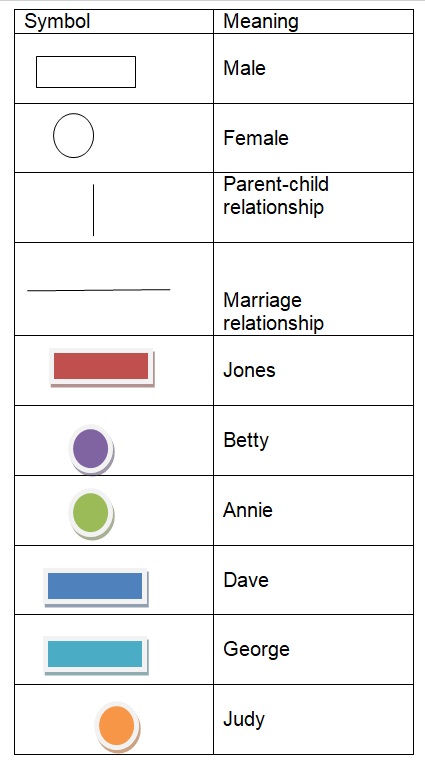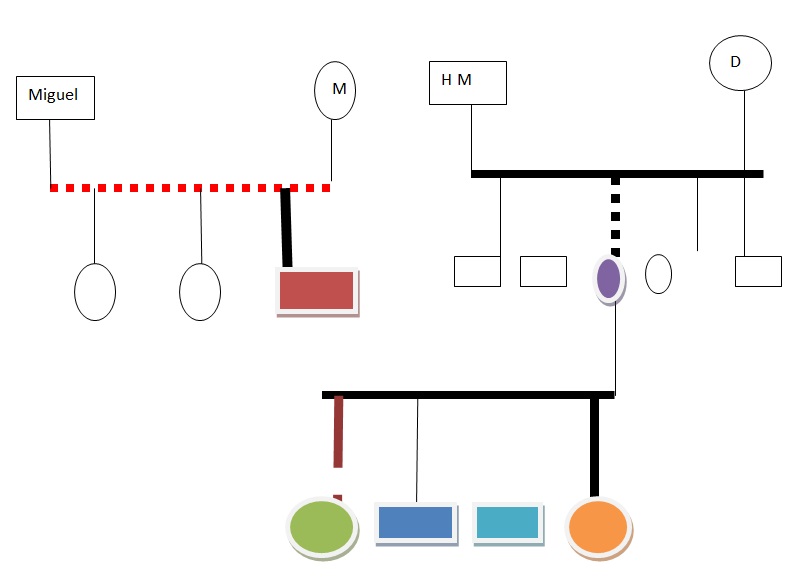Business Description
My perceived form of business is a hotel business which shall offer food, alcoholic and non- alcoholic beverages and outside catering services. The hotel shall have a restaurant, a coffee shop and a bar. The hotel’s name shall be Delicacy Hotel and Restaurant and shall be located at 9 East 89th Street in New York City. The target market of the business shall mainly be students and staff from neighboring schools, such as The Dalton School. The type of food sold shall mainly be fast foods which shall be packaged in environmentally friendly materials. A ’la carte meals shall also be prepared to customers on request. The restaurant shall offer assisted services to the guests. The projected date of commencement of the business is 1st January, 2014.
The business shall employ the services of other staff members. The composition of staff shall be a full-time general manager, finance controller, 3 general cashiers, an executive chef, 4 cooks, 6 waiters, one storekeeper, 3 floor attendants and 2 security personnel. This staffing plan shall be efficient for a fast-food business concept and will ensure that the business is neither over-staffed nor under-staffed.
Form of Business
The business shall be a limited partnership business comprising of two business partners. One of the partners shall be actively involved in the day-to-day running of the business in the capacity of the General Manager while the other shall be a quasi-partner who will only contribute capital to the business and share from its profits. This partner is the investor being targeted through the creation of this business plan. The capital contribution and profit-sharing ratio shall be 1:1 between the partners. I also target Citibank as the provider of funds in the form of a bank loan.
This form of business ownership shall offer the following benefits to the business:
- Decision-making shall be fast, making the business take advantage of short-lived business opportunities (Schneeman, 2013).
- The liability of one of the partners shall be limited, meaning that his/her personal assets shall be viewed separate from the assets of the business especially in the case of liquidation (Schneeman, 2013).
- There is no double taxation as the case is with Corporations. The partners’ share of profits shall be treated as personal income and taxed as such.
Chart of Accounts for the Business
The following are the accounts to be maintained by the business, owing to its nature:
Accounting Methods to Be Used
Generally Accepted Accounting Principles shall be adopted by the business to guide in the preparation of financial statements which meet the qualities of good accounting information in terms of relevance, reliability, comparability and consistency. Some of the accounting principles to be adopted by the business in the preparation of financial statements include the revenue recognition principle, the matching principle, full disclosure principle, the cost principle, the principle of materiality and that of conservatism. The business shall adopt the accrual financial reporting basis where incomes and expenses shall be recognized when services are offered and received respectively, regardless of whether cash will have been received or paid out. Other business accounting principles to be adopted include the International Financial Reporting Standards and shall also be incorporated into the business wherever applicable. This shall be aimed at keeping abreast with changes in accounting practices. International Financial reporting standards (IFFRS) are slowly replacing the Generally Accepted Accounting Principles (GAAPS) in a bid to ensure uniformity, especially due to the effects of globalization (Axson, 2013). A good application of the application of IFRS shall be during the pricing of material issues by the stores department where last in, first out (LIFO) shall never be used since IFRS do not recognize it. Revaluation of assets shall also be done whenever the book values of non-current assets of the business deviates considerably from their real market values, which is a principle in IFRS.
Proforma Income Statement
The following is the pro forma Income statement for Delicacy Hotel and Restaurant for the year ending 31st December 2014.
Proforma Balance Sheet

The following is the pro forma balance sheet as at 31st December 2014:

The assumption made is that the business shall command a considerable portion of the market after spending much on promotional activities. This is supported by the availability of educational institutions in and around East 89th Street where the business is located. The next assumption is that the business shall be granted all the licenses it needs in order to operate. Another assumption is that most of the students who are above 21 years of age take alcohol, hence it’s a ready market for the business’ bar. The start-up funds shall be provided by two investors, the quasi partner and a loan from the bank. Both parties shall contribute $150,000 each, which shall be used to acquire the non-current assets to be used to drive the revenue generating activities of the hotel. The pick-up truck shall be used to carry raw materials from the market to the hotel. It will also be very helpful in supporting the outside catering activities of the business. Miscellaneous expenses shall comprise the cost of items such as packaging materials, vehicle fuel and other expenses which are not major in the organization.
Internal Controls for Asset Protection
The business will employ several asset protection strategies in order to ensure that assets are safeguarded from harm or theft. Firstly, insurance cover for the facility and all the fixed assets of the business shall be taken from American International Group, Inc. This will transfer the risk from any externalities to the insurance company for compensation in case of loss which will be a relief to the management. Secondly, the standard operating procedures and user manuals of all equipment shall be availed at the asset locations in order to ensure that users understand how to operate them. Periodic maintenance of the equipment shall also be conducted to maintain the assets in good working conditions. In addition, operation of all the hotel equipment shall be assigned to specific qualified personnel. This will be for accountability reasons and will also serve to minimize the likelihood of losses arising from equipment mishandling. Challenges of equipment handling by unauthorized employees shall be addressed through implementing strict actions against employees who do so without due authorization. This way, the assets of the business will be safeguarded from all internal and external eventualities, thus securing the investment.
Customer and supplier information shall be treated with utmost confidentiality. To do this, several measures shall be taken. The information shall be stored in computers with user-specific passwords. Access to such information will be restricted to only the authorized personnel. Furthermore, printed documents containing customer and supplier information shall be locked up safely in document cabinets and shredded when they are no longer required by the organization. All employees shall be educated on policies relating to customer privacy and the consequences of non-compliance to boost customer and supplier information security.
Impact of the Regulatory Environment
The hotel business is regulated by several laws which the business shall be keen to comply with (Barth & Hayes, 2009). To operate within the law and to shield the business from litigation relating to non-compliance, the business shall adhere to all policies relating to its area of operation. All operating licenses shall be taken to permit legal operation. The business shall ensure the highest possible hygiene standards so as to produce foods and beverages that are fit for human consumption (Wood, 2013). The basic guidelines of the law of contract shall form the basis of the transactions between the business and its customers. In addition, alcoholic beverages shall not be served to people who have not attained the minimum drinking age of 21 years.
The organization shall also maintain proper books of accounts in accordance with the Generally Accepted Accounting Principles and International Financial Reporting Standards. To safeguard the interest of creditors and the quasi partner, the business shall employ the services of external auditors from PricewaterhouseCoopers who shall conduct an independent scrutiny of the accuracy of financial statements and give an opinion on the same in accordance with Sarbanes-Oxley Act (2002). To fully comply with the Act, the general manager shall be personally responsible for ensuring that the accountant complies with the Act and give an assurance to all stakeholders of the business that all the accounting requirements are complied with (Fletcher & Plette, 2008). These are aspects of the regulatory environment which shall have a direct bearing on the operations of the business. In all business decisions, the legal form of the matter shall prevail so as to always operate within the law.
References
Axson, D. A. (2013). The management mythbuster. Hoboken: Wiley.
Barth, S. C., & Hayes, D. K. (2009). Hospitality law : managing legal issues in the hospitality industry. Hoboken: John Wiley & Sons.
Fletcher, W. H., & Plette, T. N. (2008). The Sarbanes-Oxley Act : implementation, significance, and impact. New York: Nova Science Publishers.
Schneeman, A. (2013). The law of corporations and other business organizations. Clifton Park: Delmar Cengage Learning.
Wood, R. C. (2013). Key concepts in hospitality management. Los Angeles: SAGE.